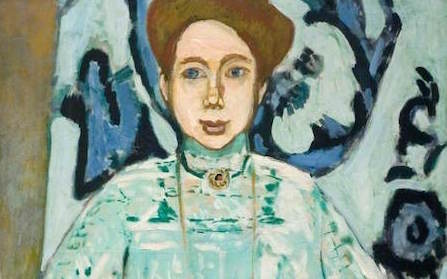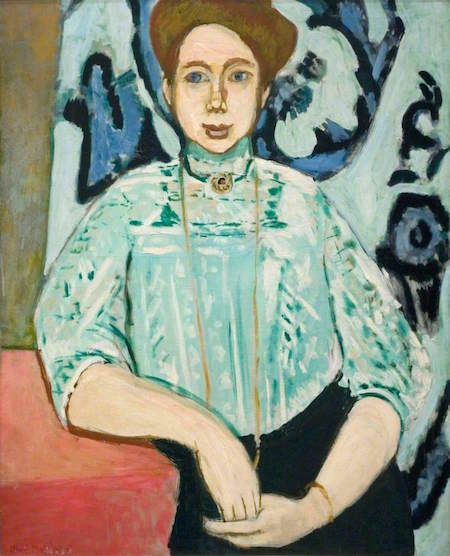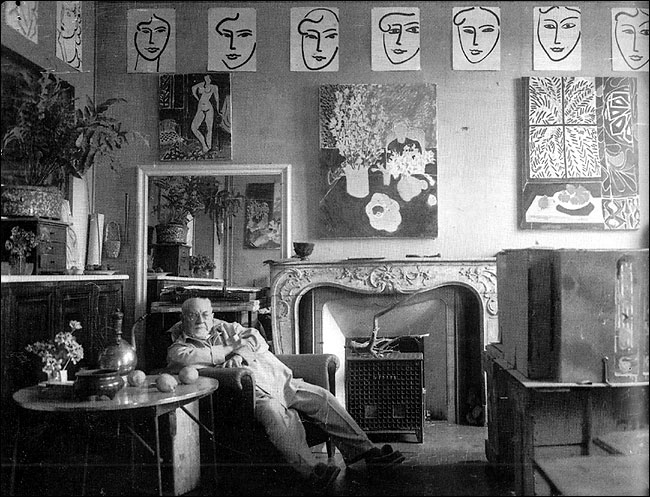Art World
London’s National Gallery Rejects Claim on Important Matisse Portrait
The descendants of the Moll family claim the painting was 'misappropriated.'

The descendants of the Moll family claim the painting was 'misappropriated.'

Henri Neuendorf


Henri Matisse Portrait of Greta Moll (1908).
Photo: National Gallery, London.
London’s National Gallery is facing an ownership dispute over a Henri Matisse portrait. The descendants of the subject, Greta Moll, argue that the painting was misappropriated in the aftermath of World War II.
However, the National Gallery—which acquired Portrait of Greta Moll (1908) in 1979—has rejected the claim. “We have good title to the picture,” a spokeswoman for the National Gallery told the Art Newspaper.
As with most post-war restitution cases, the artwork carries a convoluted back story. Greta Moll and her husband Oskar were both artists whose work was labeled “degenerate” by the Nazis.
The couple befriended Matisse after participating in a painting course at his studio in Paris. In 1908, Oskar commissioned the master to paint a portrait of his wife, who was 23-years-old at the time.

The Molls befriended Matisse after attending a course in his Paris studio.
Photo: wetcanvas.com
After World War II, in 1947, the Moll family decided to leave Berlin’s Soviet zone and move to Wales, where one of their daughters lived. With their home destroyed, the Matisse painting was the family’s only remaining asset amid the economically depressed climate.
Fearing an export ban, though, Greta Moll asker her friend Gertrud Djamarani to smuggle the painting to Zurich and to leave it with dealer Heidi Vollmöller for safekeeping. When Djamarani ran into financial difficulties, she borrowed money from Vollmöller leaving behind the painting as collateral. The art dealer reportedly then sold the painting.
The work resurfaced in 1979—two years after Greta’s death—when it was acquired by the National Gallery for £450,000. It has been on long term-loan to the Tate Modern since 1997.

The National Gallery, London.
Photo Andrew Newdigate via Flickr.
Now, the family’s attorney, New York-based David Rowland, has filed a formal petition for the return of the work. If the painting isn’t returned, “the Moll family will file suit against the National Gallery and the United Kingdom for its return in an appropriate court,” Rowland has declared, according to TAN.
The case is complicated further because it falls outside of the UK’s Spoliation Advisory Panel, which deals with Nazi-era (1933-1945) restitution claims, because it occurred in 1947.
If the family chooses to pursue civil legal action, they will have to produce factual evidence regarding the 1947 loss, and explain why they didn’t act immediately after the National Gallery acquired the work 36 years ago.
On the other hand, the case doesn’t reflect well on the National Gallery either, suggesting that the institution should have conducted more thorough provenance research on the artwork.